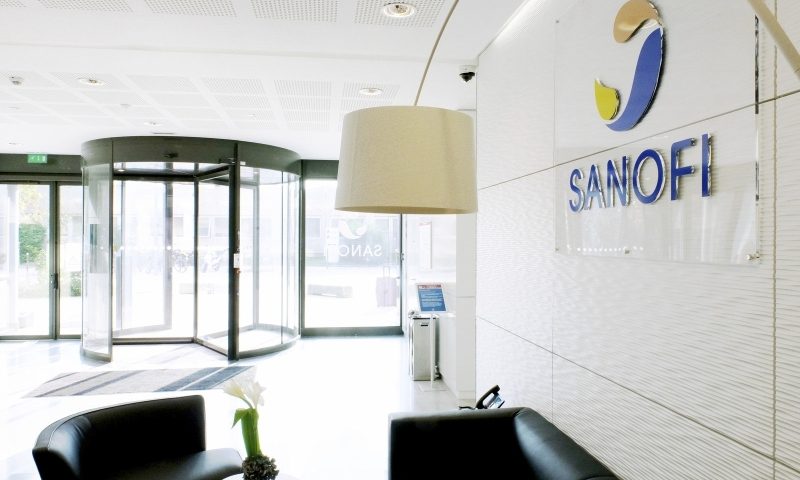Immuno-oncology drugs such as checkpoint inhibitors have transformed cancer treatment for some patients—the key word being “some.” Sanofi aims to understand why these drugs work for some patients and not others, and it’s teaming up with the MD Anderson Cancer Center to do it.
The five-year collaboration will marry Sanofi’s pipeline of experimental cancer drugs with MD Anderson’s clinical trial infrastructure to better understand how new drugs work and figure out new targets and indications for them as well as potential drug combinations.
The duo will focus on “a number of” investigational agents in Sanofi’s cancer pipeline in “early-stage studies with longitudinal biopsies and heavy translational studies,” Cara Haymaker, Ph.D., an assistant professor of translational molecular pathology at MD Anderson, said in an email.
“Right now, the pace of discovery in cancer therapeutics, especially in immuno-oncology, is remarkable … We know that in order to succeed, we need to engage the world’s best to help us understand the broad range of data coming in and then to apply that knowledge to our new agents,” Peter Adamson, M.D., global development head of oncology and pediatric innovation at Sanofi, told Fierce Biotech.
The cancer field is well past the era in which the goal was to create a big, blockbuster drug that could treat all cancers, Adamson said. Instead, it’s gravitating toward identifying the right cancers and—just as importantly—the right subpopulations of patients within those cancers that could benefit from a given drug, he said. And that takes deep scientific understanding.
“Not only does MD Anderson have fantastic scientists, but they’ve developed a remarkable infrastructure to do exactly what needs to happen to learn from every patient enrolled in a study to help us understand the efficacy of our drugs and to look for appropriate biomarkers, as well as to leverage their knowledge and the data they have already acquired,” Adamson said.
Aside from drugs that could help checkpoint inhibitors and other immuno-oncology approaches work better, Adamson highlighted THOR-707, a “not-alpha” version of the cytokine interleukin-2 (IL-2), as a particularly exciting prospect.
Sanofi picked up the asset, along with the technology that made it, in its $2.5 billion takeover of Synthorx. The platform, called Synthorin, is designed to provide the power of interleukins to turn the immune system against cancer without also triggering the systemic side effects that have prevented the widespread use of such treatments. THOR-707 has a new amino acid at one position in IL-2 and is in development for multiple types of solid tumors.
“We will be studying, and are studying, THOR-707 broadly in a range of cancers and that’s an area in which we continue to need greater insight, both with preclinical and clinical models,” Adamson said.

